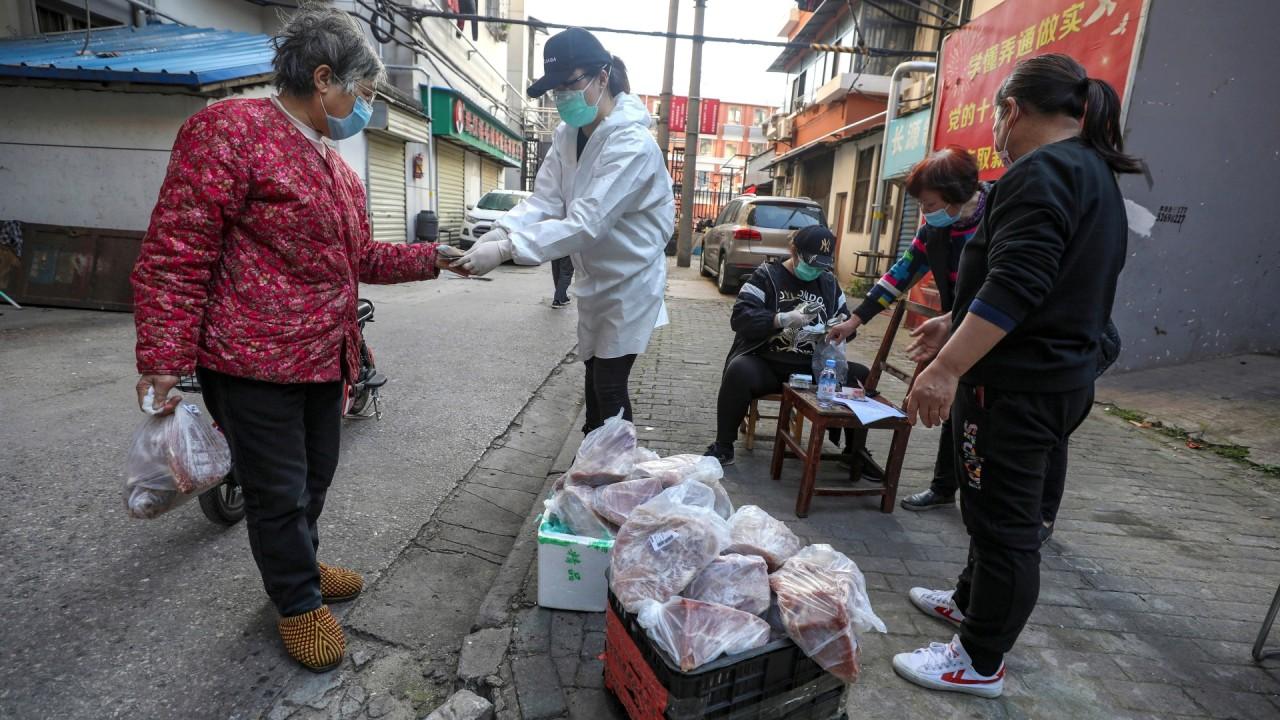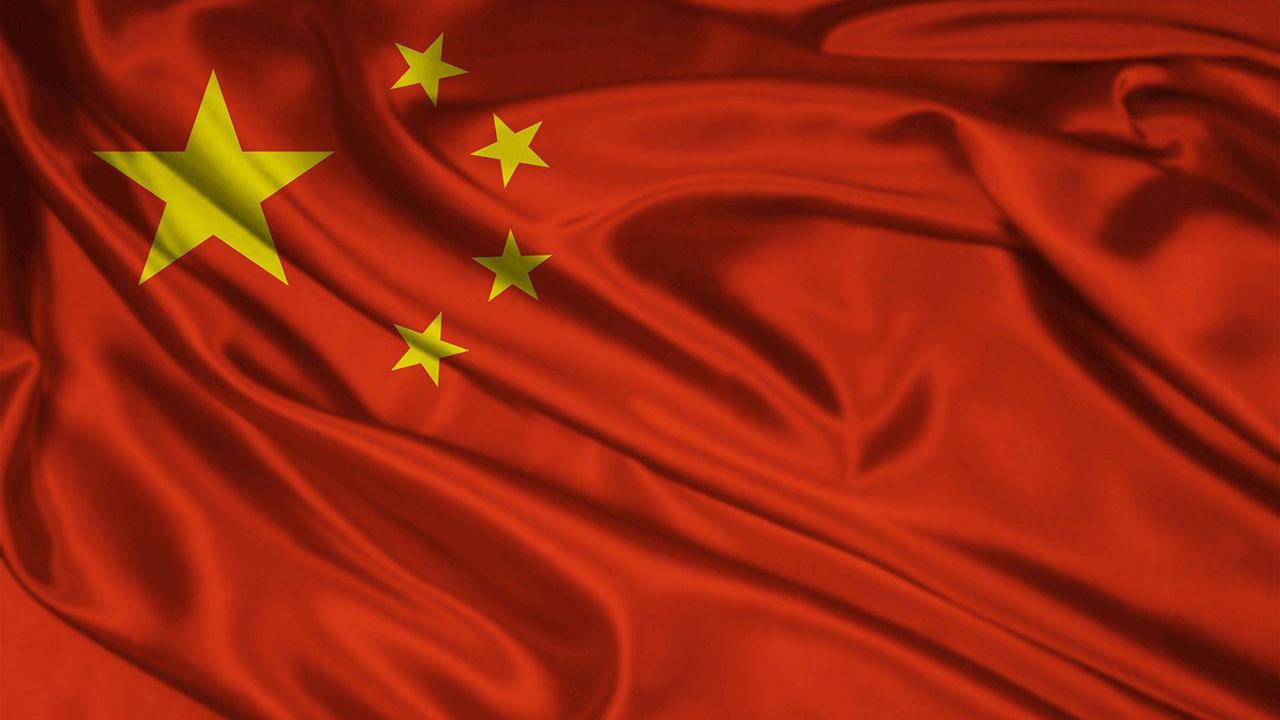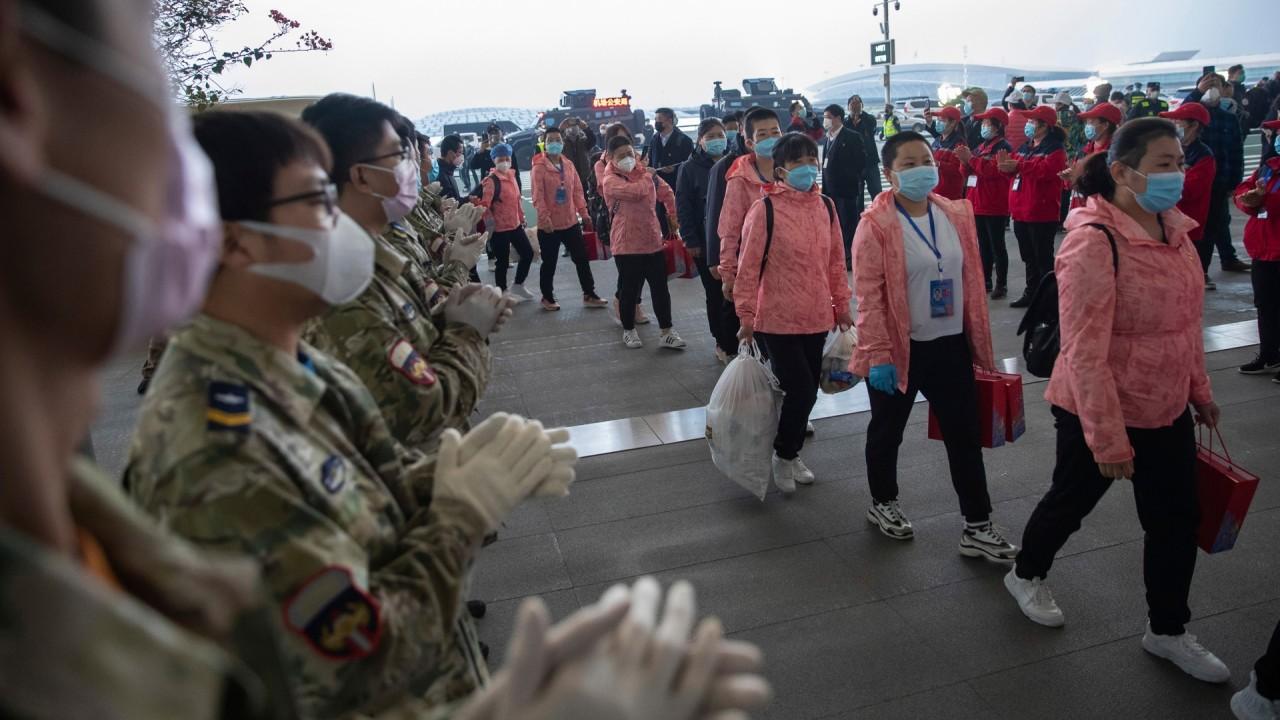China's 3-week delay in coronavirus response accelerated spread: study
Coronavirus cases could have been reduced by 95% had China responded to the outbreak 3 weeks earlier
Novel coronavirus cases could have been reduced by 95 percent had China responded to the outbreak just three weeks earlier than it did, a March 13 study by the University of Southampton has found.
Researchers at the English university, using mapping technology to compile data on human movement and illness onset, found that China's non-pharmaceutical response to the COVID-19 outbreak in the country was three weeks too slow.
If the response "could have been conducted one week, two weeks, or three weeks earlier, cases could have been reduced by 66 percent, 86 percent and 95 percent respectively," a university news release about the study reads.
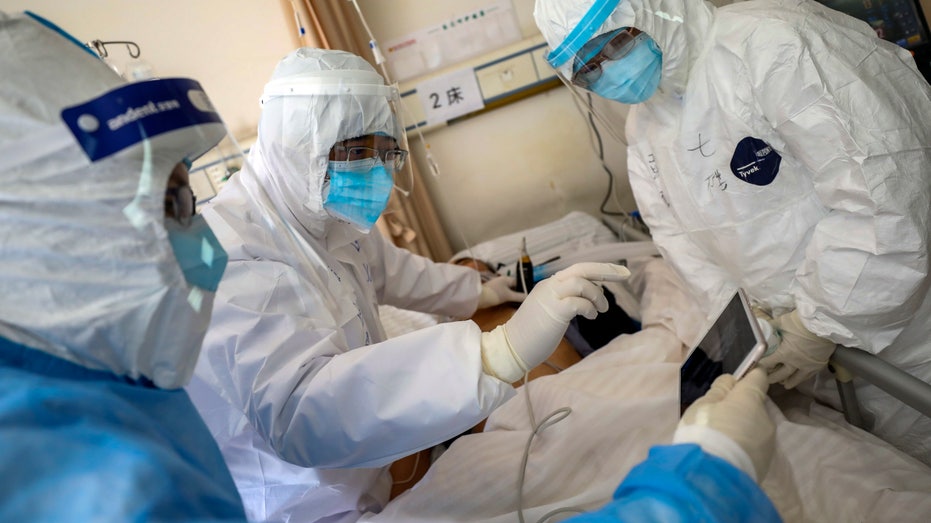
Medical personnel scan a new coronavirus patient at a hospital in Wuhan in central China's Hubei province. (Chinatopix via AP)
The study also found that detecting the virus and the act of social distancing are likely to be more effective in containing the virus than travel bans.
"Our study demonstrates how important it is for countries which are facing an imminent outbreak to proactively plan a coordinated response which swiftly tackles the spread of the disease on a number of fronts. We also show that China's comprehensive response, in a relatively short period, greatly reduced the potential health impact of the outbreak," study author Dr Shengjie Lai said in a statement.
The study comes as U.S.-China tensions escalate after China's Foreign Ministry blamed the U.S. Army for bringing COVID-19 to China, thus initiating the pandemic. President Trump has responded by referring to it as the "Chinese virus."
Some science and health experts have pointed to Chinese doctor Li Wenliang, who was detained for passing on knowledge about COVID-19 when it first appeared in China and later died at Wuhan Central Hospital, as an example of how China mishandled the virus in its early stages.
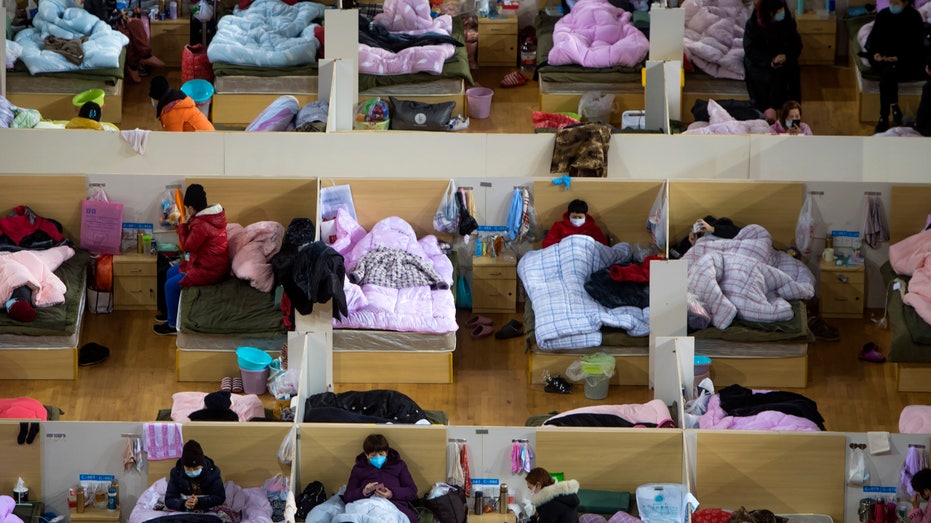
In this Feb. 17, 2020, photo released by Xinhua News Agency, patients infected with the coronavirus take rest at a temporary hospital in Wuhan in central China's Hubei Province. (Xiao Yijiu/Xinhua via AP)
After the first COVID-19 patient started feeling ill on Dec. 10, it took nearly a month for Chinese President Xi Jinping to become involved. By late January, hundreds of millions of people were traveling to visit friends and family for the Lunar New Year, according to a timeline by Axios.
China also kept information private about the virus for nearly six days before it was made public, and the country experienced a shortage of test kits and hospital beds as early as Feb. 3.
Now that Wuhan has reported no new cases of COVID-19 and the rest of the world battles the pandemic, Beijing is portraying Xi as a hero. China on Tuesday banned U.S. journalists representing The New York Times, the Wall Street Journal and the Washington Post from China and Hong Kong.
"What the US has done is exclusively targeting Chinese media organizations, and hence driven by a Cold War mentality and ideological bias," China's Foreign Ministry said in a statement, adding that the U.S. "has seriously tarnished the reputation and image of Chinese media organizations, seriously affected their normal operation in the US, and seriously disrupted people-to-people and cultural exchanges between the two countries."
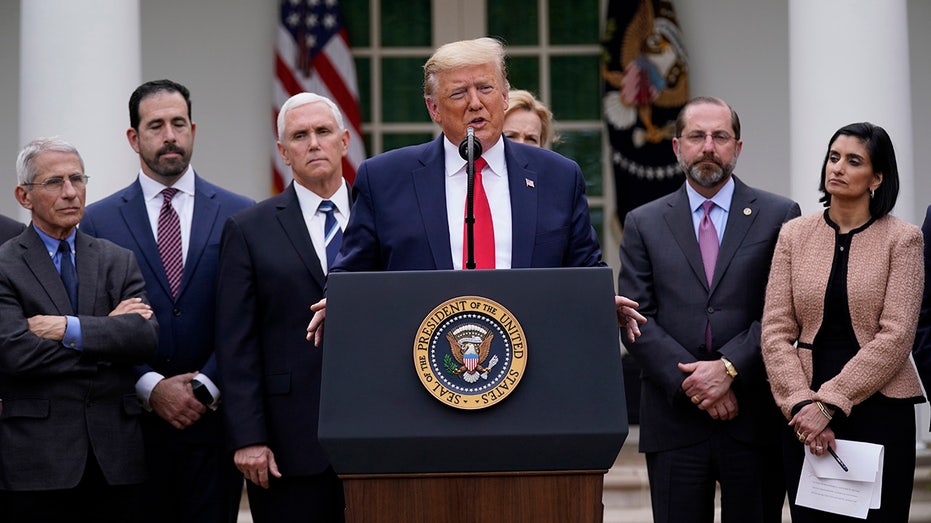
Trump speaks during a news conference about the coronavirus in the Rose Garden of the White House March 13 in Washington. (AP Photo/Evan Vucci)
Texas Rep. Michael McCaul, the top Republican on the House Foreign Affairs Committee, sent a letter Thursday to Chinese Ambassador Cui Tiankai condemning the decision.
"Your ill-advised and dangerous actions demonstrate a significant lack of understanding of the American spirit," McCaul wrote. "By attempting to silence our journalists, you are serving only to build up their resolve to expose the truth; the truth you continue to obfuscate."
"What the Foreign Ministry may believe is a projection of the [Chinese Communist Party's] strength, is viewed in Washington and around the world as the actions of an insecure regime afraid of accountability and sunlight. Indeed, our brave journalists will view this latest injustice as a badge of honor," he added.
Trump and Vice President Mike Pence been giving daily updates on the administration's efforts to contain the virus.
The president is also currently is working with Congress on a $1 trillion stimulus package that includes hundreds of billions of dollars for small and large businesses that have seen adverse conditions because of the pandemic.
This post contains material from previous FOX Business articles.




















